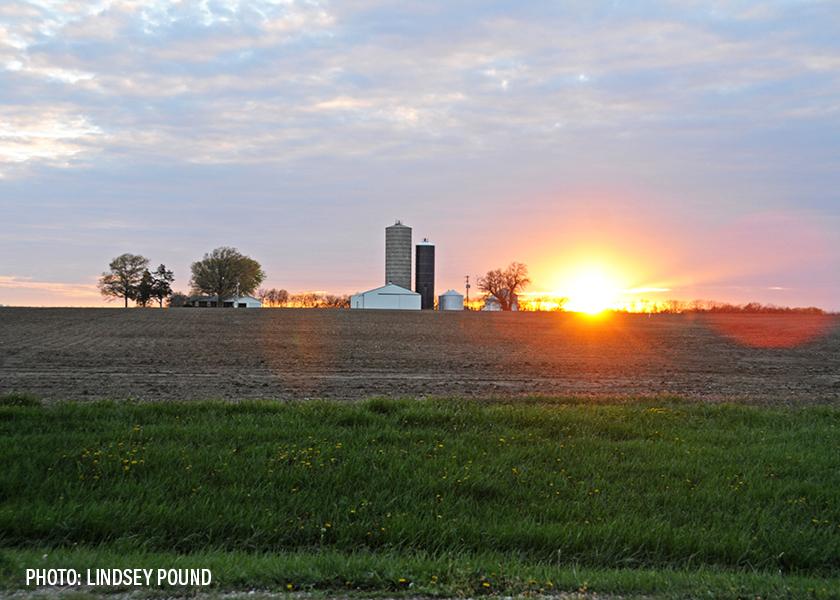What Makes a Good Farm Manager?

Managing a farming operation is a balancing act on all levels. The role of farm manager can become more complex when working with family, especially in the busy seasons.
To make the job easier, researchers at Purdue University find farm managers who prioritize growth in knowledge, experience and collaboration are best positioned to buffer relationships and increase output.
Here is a rundown of how each of the three skills interact with one another for success on the farm.
1. Knowledge
Managing farm risk is a time-consuming job, but it needs to be done. Purdue researchers say the best way to stay up to date in managing risk is through courses, reading and discussion. They suggest putting a focus on learnable risk.
“Learnable risks possess uncertainty because we haven’t learned all there is to know about the subject,” the researchers wrote. “It’s in the best interest of a farm to mitigate learnable risks through accumulation of knowledge as rapidly as possible.”
An understanding of production strategies, technology advancements and ways to reduce inputs are important and often prioritized, but researchers suggest producers focus instead on these specific upstream and downstream ideas:
• Sourcing inputs
• Input price factors
• Potential supply limitations/market disruptions
• Diversifying buyer pool
According to Purdue, knowledge in these areas is a major contributor to holding a key position in the ag industry, and incorporating the knowledge will offer a definite advantage over competitors.
2. Experience
Established producers have advantages over producers who are new to the industry; they have an idea of the time of year to plant, fertilizer, treat and market products. They also have the benefit of lower costs, according to Michael Porter, professor at the Harvard Business School.
Porter says new operations, with no experience, will have inherently higher costs than established farms. New farms will bear heavy startup losses from below- or near-cost pricing to gain the experience and profits that established farms already possess.
For new producers to find success, Purdue says they need to gain experience rapidly and effectively. Researchers suggest new producers gain farm work experience and participate in internships and mentor programs.
3. Collaboration
According to Purdue, there are two types of collaboration that producers need to consider: Peer and competitor. They say this is the only way for progress.
“There’s a false premise that in order to maintain a competitive advantage in the market, strategies and innovations should not be shared,” Purdue says. “Secrecy is likely not what’s best for your operation, nor the ag industry as a whole.”
To maintain collaboration, researchers suggest producers listen to constructive criticism, such as:
• Critiques from an outside perspective
• Alternative innovation ideas
• Improved strategies
Collaboration and constructive criticism are especially important in ag’s technology arena. Studies indicate technology adoption is dependent on collaboration.
“Farmers with more risk averse tendencies often begin using technologies long after others have switched,” Purdue’s researchers say. “As new technologies continue to emerge, collaboration will increase in importance.”
Researchers find encouraging frequent networking and collaboration can help prevent producers from lagging behind the industry’s set standards and fuel more efficient ag production.







